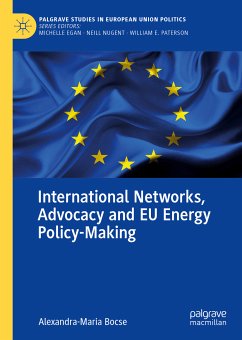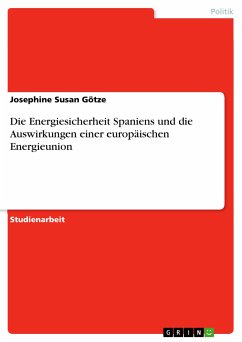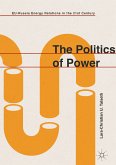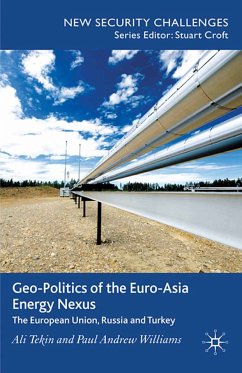This book explores the role which policy networks and particularly advocacy coalitions play in EU energy policy, and the factors that account for their policy success. It captures the often neglected interaction between public and private actors in EU energy security policy and between opposing advocacy coalitions. The volume's case studies examine coalitions working on two issues central to EU energy policy debates over the last decade: fracking for shale gas and developing the Southern Gas Corridor, a pipeline system linking Europe with the gas region of the Caspian Sea. Although the coalitions studied are focused on impacting EU energy policy, they stretch beyond the EU borders. The book draws on original, rich, and intriguing data, around 90 interviews with energy stakeholders and over six months of fieldwork and participant observation, analysed through an innovative combination of frame analysis and social network analysis.
Alexandra-Maria Bocse is a researcher at the London School of Economics and Political Science, UK. She received a PhD in Politics and International Studies from the University of Cambridge and was a Fulbright-Schuman Fellow at Harvard University. Her research, analysis and teaching interests are related to European affairs, environmental governance and international energy politics and policy.¿
Dieser Download kann aus rechtlichen Gründen nur mit Rechnungsadresse in A, B, BG, CY, CZ, D, DK, EW, E, FIN, F, GR, HR, H, IRL, I, LT, L, LR, M, NL, PL, P, R, S, SLO, SK ausgeliefert werden.









